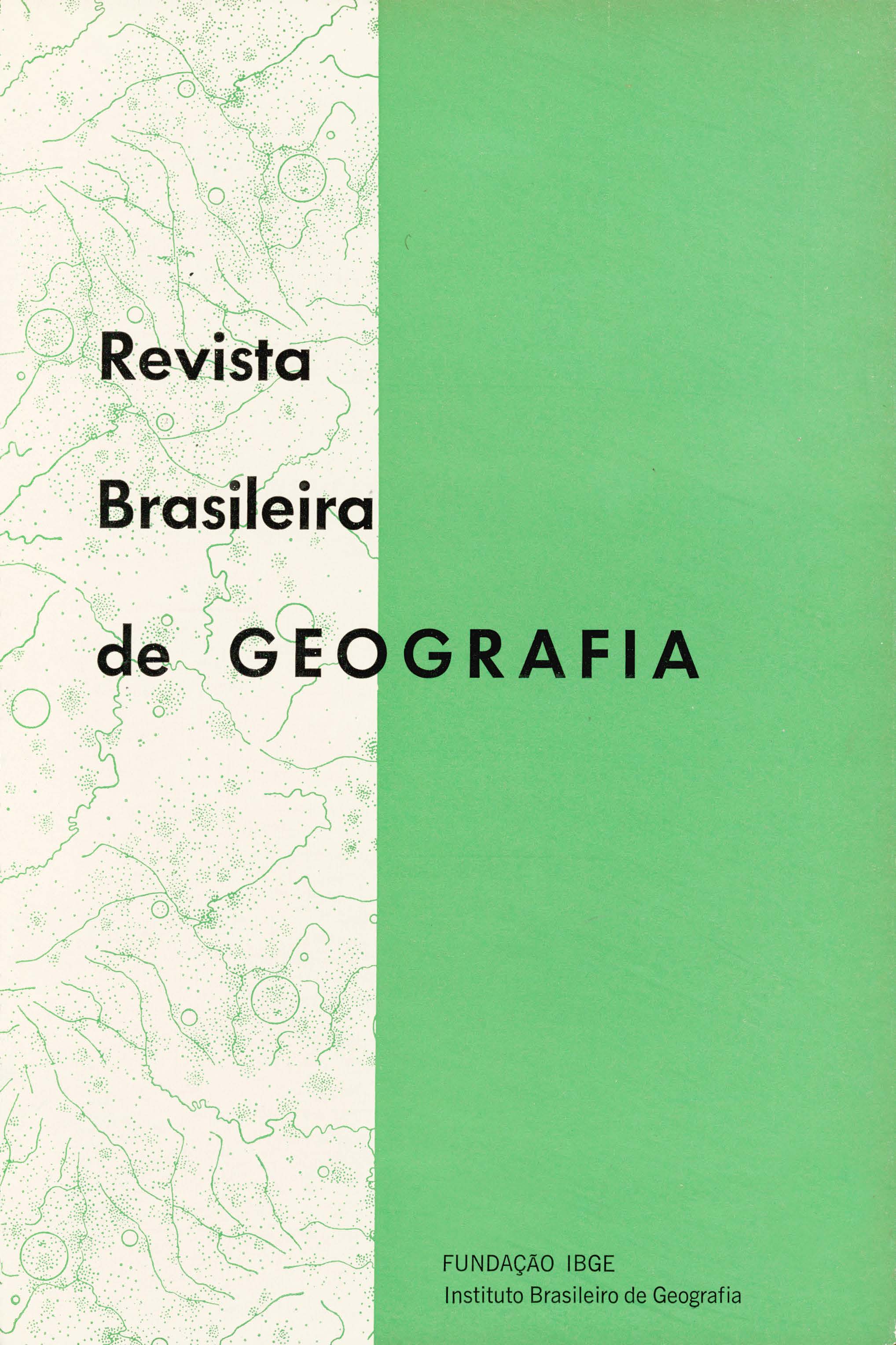Considerações sobre perspectivas geográficas do meio ambiente urbano
Palavras-chave:
Geografia urbana, Ecologia urbana - Sociologia, Ecossistemas, Qualidade ambientalResumo
The interest in the topic "environment" results from the dimension that urbanization has reached in contemporary society. Scientific, ideological, economic or other kind of interpretations have emerged as a corollary of the urban civilization. In this way, the urban environment represent a spatial dimension of the eco-system as a whole, within a process both interurban and intra-urban.
There are three noticeable aspects in the environmental subject:
- the first concerns life preservation, the importance of which has been emphasized by the nuclear age, and "human life quality" including social equity;
- the second concerns problems such as damages to the natural world, caused by the ever increasing stress of the urban-industrial society, with the risk of an unprecedented ecological unbalance;
- the last refers to the development of interdisciplinary activities about the environmental subject, where sociologists, humanists, biologists and physicists together formulate new concepts on environment.
In the developing countries, the ecological topics have faced many obstacles based on the idea that the industrialization would be repressed. One of the pro-arguments concerning those topics refers to the non-repetition of mistakes made in the developed countries. In fact, however, many of them have been already made, even in worse circumstances. Restrictions on the way of approaching the environmental subject refer to the risk of an excessively speculative and consumptive orientation. There is always the risks of taking into account some variables which are not relevant for the needs of most of the population or for the socioeconomic development, and also of neglecting those which link the environmental subject to the economic systems. Considering the environment as a resource system (D. Harvey), the question lies rather on the man to be developed than on the environment to be created.
If interdisciplinary activities indicate higher levels of scientific knowledge, it means that environmental studies are well advanced as to the current scientific knowledge, for the extent and quantity of disciplines they integrate. However, the interdisciplinary activity does not nullify the focus of each science. Due to its persistence in maintaining the intermediary position between sciences and humanities, geography has delayed its entrance in the field of theories and models which show human social processes on the earth surface. Now it witnesses the insufficiency of just "searching for analytic methods and models o! an explicit spatial type". The "soi-disant" ambiguity between scientific knowledge and common sense in the ancient geography is replied the importance that modern environmental studies give to the compatibility between current science in its high level of abstraction and the dimension of man and his everyday life.
Environmental geography needs more ideas and results from life sciences as they deal with the responses of more developed organic forms in opposition to what is purely mechanical. It is also necessary to emphasize the importance of culture concerning human population, because any approach to population behavior must take into account the purpose that are tied to the cultural symbols and values.
Nevertheless, one must not go to the limit of opposing environmental geography and spatial organization geography as one runs the risk of neglecting questions such as social structure and historical process. On the contrary, they must be integrated with the purpose of achieving spatial optimization. In other words, if science and technology must assume a harmonized proportion in reference to man, one must search for the scales, forms and dimensions socially adequate to the geographic space, as well.






